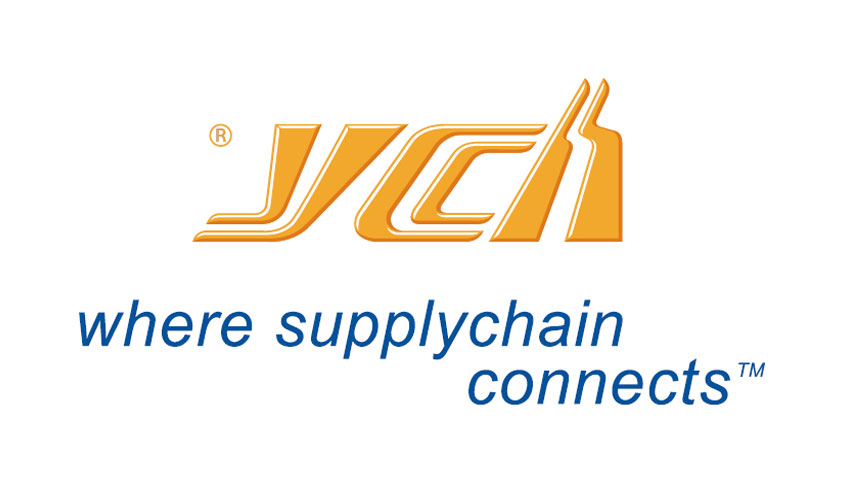Companies pioneering the move towards RFID technology
IDA worked with a few companies to pioneer the adoption of RFID into their everyday operations.
Following IDA’s initiative, the following companies are early examples of RFID in Singapore:
In the aviation sector, Airbus will be setting up its first RFID warehouse management system outside of Europe in Singapore. It will be using RFID asset tracking for aircraft parts and the tools it loans out to aircraft maintenance centres in the region. Every item that is loaned out has an RFID tag embedded so that its location can be tracked and it can be easily recalled when the loan period is over. This makes the receiving and issuing process a lot more efficient. The quicker turnaround time also means that more tools are available for loan at any one point. Tagging its aircraft parts using RFID, Airbus will be able to better monitor maintenance history and ensure the authenticity of the parts.
NRC awarded 2 new RFID Innovation Platform grants that will enhance patient safety and ensure construction work site safety. The first is that won by Tan Tock Seng Hospital on the use of RFID technology to enhance patient safety. The project will develop a very useful and practical tool to trace all stages of the sterilisation process from the point of usage to decontamination of a surgical instrument set to ensure patient safety, a priority in the hospital. The tool can withstand high temperature of 134-degree Centigrade, which is the operating temperature for 10,000 autoclaving cycles of 4 minutes each for a minimum of 10 years. This will be especially crucial in the event of an infection outbreak or faulty sterilisation process where prompt recall of equipment is required. With each instrument set embedded with an RFID tag, it is possible to track the movements of the instrument set by associating with the individual patient and staff that had come into contact with the set. This reduces the chain of transmission of hospital-acquired infections and halts the spread of infection. Patient safety is further assured through the tracking of the usage of surgical instruments whose lifespan can now be accurately determined and can be replaced promptly according to manufacturers’ specification.

YCH, the leading home grown logistics company, is using a RFID warehouse management system to manage and improve visibility of goods movement and enhance the efficiency of its operations. In the retail space, Grocery Logistics of Singapore (GLS) the central warehouse and distribution arm of NTUC Fairprice, has commenced a pilot project to implement RFID in its distribution centre. Through more effective tracking of goods, RFID helps to reduce wastage from loss of stock, thereby cutting costs for GLS.
Another player which believes in the potential of RFID is Hewlett Packard (HP). It is conducting a trial together with a local supplier and logistics service provider to obtain total visibility of their servers and storage products during the distribution process.
Riding on the momentum generated by these developments, IDA will issue a Call-For-Collaboration to help the retail, logistics and manufacturing sectors build RFID capabilities in their operations. This marks an important first step towards creating RFID-enabled supply chains which will position Singapore as the logistics nerve centre for the region. The IDA will conduct a briefing on 18 November to provide details on the scope and application process for the CFC.
Source: www.rfidtutorial.com
